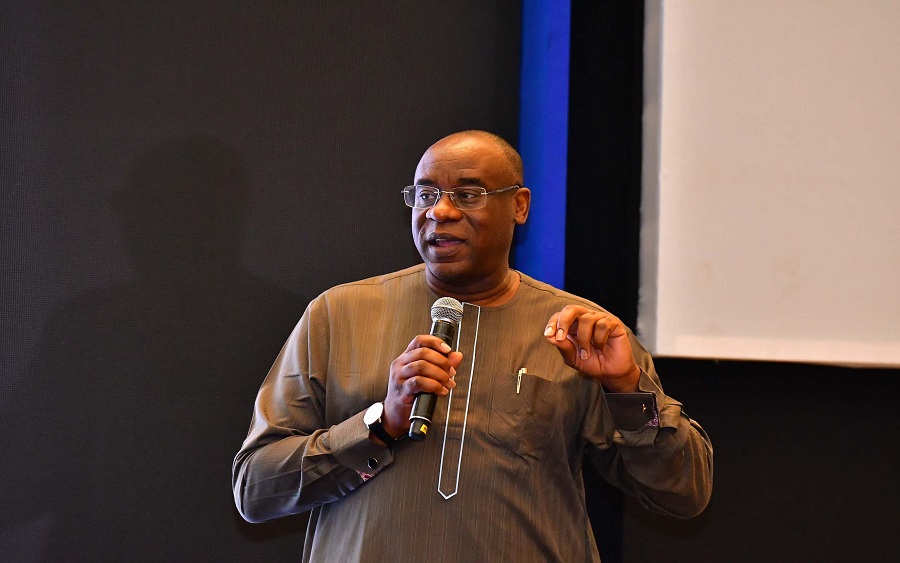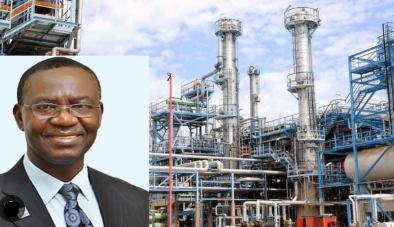The Central Bank of Nigeria has highlighted some of the factors pushing up inflation rate across the globe, citing the ongoing war between Russia and Ukraine as one of the major factors.
The acting Governor of the CBN, Folashodun Shonubi, who was represented by apex bank’s deputy governor, Economic Policy, Kingsley Obiorah stated this at the 2023 Zenith Bank International Trade Seminar.
“We know that the war between Russia and Ukraine is contributing a lot as the two countries are very important commodity exporters. Both of them account for 30 per cent of sunflower exports in the world. So, when such a region is at war, you know what will happen to food prices worldwide.
“We know too that there’s been a shift in demand from goods to services; services are usually more expensive. There’s also the disruption going on in China today with their zero COVID policy, power cuts as we know, and then the switch from coal to more renewable energy has also meant that power is not as valuable as it used to be.
“We see too in China today some correction in the property market. A lot of Chinese don’t have quite the kind of investment vehicles that say the average American has.
READ ALSO: Naira expected to fall beyond N1000/$ as rising inflation persists
“A lot of them have put their savings into property. But that has meant an oversupply of property in China today. There are 65 million empty apartments in China.
“That’s enough to take the entire population of France. So that correction is also leading to supply chain disruptions.”
He noted that all of these factors are exacerbating the high food prices globally. He cited an instance of Lebanon, where inflation is currently at 269 per cent.
According to him, beyond Africa, several countries of the world are also currently battling with hyperinflation. He attributed this to the war between Russia and Ukraine, which he said has led to an astronomic rise in the prices of foods globally.
According to him, in Argentina, inflation is right now at 115 per cent while in Turkey, it has risen to 38 per cent.
“Now when you come down to Africa and neighbouring Ghana, At the last count inflation there is at 42.5 per cent. We have it at 31 per cent in Ethiopia and 36 per cent in Egypt.
“So, in our dear country, we are at 22.8 per cent. When you hear these figures, it tells you that we’re not doing as badly but all of this has also affected economic growth itself. Today, the IMF has revised growth downwards from 3.5 per cent to 3 per cent this year and 3 per cent next year,” he said.

 Health6 days ago
Health6 days ago
 Entertainment1 week ago
Entertainment1 week ago
 Crime6 days ago
Crime6 days ago
 Education1 week ago
Education1 week ago
 Health1 week ago
Health1 week ago
 Comments and Issues7 days ago
Comments and Issues7 days ago
 Football1 week ago
Football1 week ago
 Latest7 days ago
Latest7 days ago













